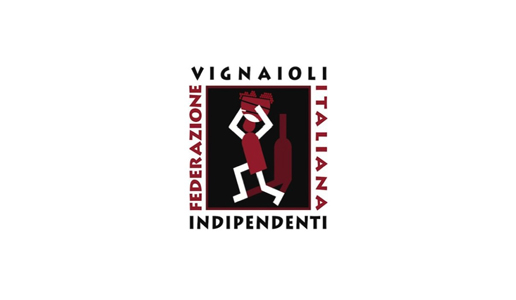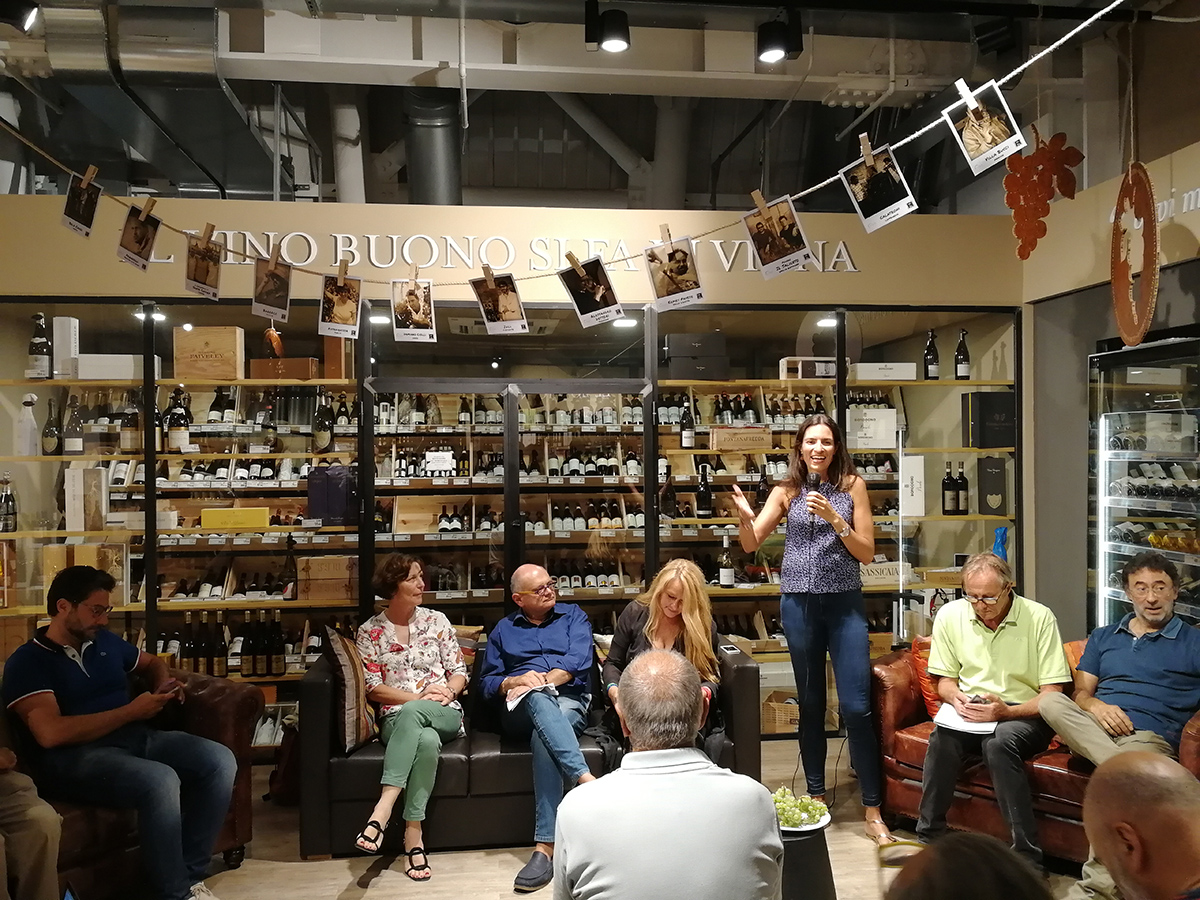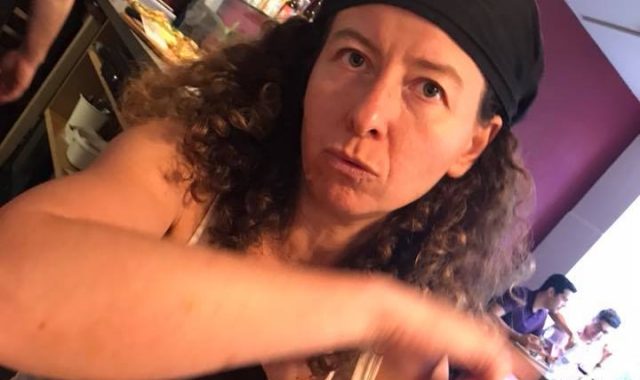A rainbow in the future of independent winemakers

An interesting debate took place in Rome on the role of the winemaker also in regard to safeguarding the land and biodiversity.
In occasion of the introduction of 37 wines from producers belonging to the Italian Federation of Independent Winemakers (FIVI) in all Eataly wine shops, an engaging debate took place among winemakers present at the event in the Eataly store in Rome, on September 6, on the importance of the winemaker and his key role in safeguarding the land and biodiversity.
The debate between more than a dozen FIVI members was moderated by Francesca Rocchi, the national vice president of Slow Food, and Fabio Turchetti, a journalist responsible for the region of Lazio for the Slow Food guide. FIVI was founded in 2008 to represent winemakers “who make wine with their own grapes, bottle their own wine and sell it themselves” and today it has almost 1,200 producers from all over Italy who together have 11,000 hectares if vineyards and participates in negotiations with the Ministry for Agricultural, Food and Forestry Polices (MIPAAF).
Before the debate took place, there was a moment of remembrance for Beppe Rinaldi, a FIVI producer in Barolo and, above all, a friend to many of those present who had just passed away.
 The debate was initiated by a report on the situation with the DOC Orvieto appellation by Giuseppe Mottura, an Upper Lazio producer who explained that he joined FIVI in order to protect his role as a defender of the territory that is evermore assaulted by ruthless bottlers “who only consume at the expense of the land”. The debate then took off with a heated address by Antonio Cascarano, from the Camerlengo estate in Basilicata, who attacked those responsible for establishing productions regulations “who ruin wine with their regulations that are too strict and by now out of date because they were drawn up by people who have never set foot in a vineyard”. The problem of winemakers’ relations with state institutions is one shared by many producers throughout Italy, observed Gaetano Morella, a Primitivo producer in Puglia, who said this issue is what united them and gave their association strength. “FIVI is not a protocol that tells you how to make wine but was inspired by the figure of the winemaker who wants to defend his vocation on all levels, from Brussels down to us. Those who get their hands dirty with the earth and wine – he said proudly showing his dirty hands – feel at home in FIVI because the winemaker is someone who takes the risks, who does not follow fads but at most initiates them. He is not someone focused in commercial logic but on farming, something that necessitates a long-term plan. He is a farmer with roots in the land he is an expression of”.
The debate was initiated by a report on the situation with the DOC Orvieto appellation by Giuseppe Mottura, an Upper Lazio producer who explained that he joined FIVI in order to protect his role as a defender of the territory that is evermore assaulted by ruthless bottlers “who only consume at the expense of the land”. The debate then took off with a heated address by Antonio Cascarano, from the Camerlengo estate in Basilicata, who attacked those responsible for establishing productions regulations “who ruin wine with their regulations that are too strict and by now out of date because they were drawn up by people who have never set foot in a vineyard”. The problem of winemakers’ relations with state institutions is one shared by many producers throughout Italy, observed Gaetano Morella, a Primitivo producer in Puglia, who said this issue is what united them and gave their association strength. “FIVI is not a protocol that tells you how to make wine but was inspired by the figure of the winemaker who wants to defend his vocation on all levels, from Brussels down to us. Those who get their hands dirty with the earth and wine – he said proudly showing his dirty hands – feel at home in FIVI because the winemaker is someone who takes the risks, who does not follow fads but at most initiates them. He is not someone focused in commercial logic but on farming, something that necessitates a long-term plan. He is a farmer with roots in the land he is an expression of”.
The fact of being directly involved in every phase of wine production “speeds up” the group’s positions in negotiations with the institutions. “We do not need to mediate like the others,” observed FIVI President Matilde Poggi, a producer n Bardolino, “because we already know what our interests are and can go to the Ministry with a clear goal to achieve and this allows us to also have our voice heard at the European Commission”.
Among the more urgent issues to tackle with the institutions is the regulation of wine tourism, which Poggi said “is a fundamental resource for small estates like ours where it is normal to welcome visitors, dedicating time to them and having them taste the products of our land. We firmly believe that wine and tourism should go hand- in-hand and that the concerted management of our artistic and cultural patrimony with agricultural production represents an important key for our country’s growth”.
“Wine tourism is the future and exports are an important goal that needs a different approach, one that exalts what comes from the vineyard,” said Ludovico Trebotti, a producer from the province of Viterbo to whom Morella replied “This is why we believe it is important to first win the challenge at home and then the one abroad”.
According to Ermes Pavese, a Valle d’Aosta producer who last year harvested only 1% of his grapes because their quality was not up to par, one of the greatest difficulties facing winemakers is how to communicate the value of their efforts. On this topic, much work will be done during the Mercato dei Vini (Wine Market), the biannual event (the next is in Piacenza November 24-25) which offers winemakers an opportunity to get exposure and become known directly to a wider public.
The debate was highlighted by the intervention of one of the better-known and colorful members of the group, Walter Massa, who is responsible for having rediscovered an ancient varietal, Timorasso, and uplifted a territory, Colli Tortonesi. “FIVI has a great weapon: making wine with grapes and that’s all. And the consumer in the end understands this because, all things considered, there is a difference between having sex and making love. Yesterday, I was fortunate to speak with Beppe before he passed and I told him that, of all the ways wine can be made – without sulfites, vegan and so on – FIVI must continue to make wine the way it does now because, for us, making wine is a collateral effect of our lives”. After saying this he received a cellphone text from Marta Rinaldi, Beppe’s daughter, with the photograph of a perfect rainbow over the Langhe, and it was almost as if “Citrico” wanted to say he fully agreed.

 Italiano
Italiano








